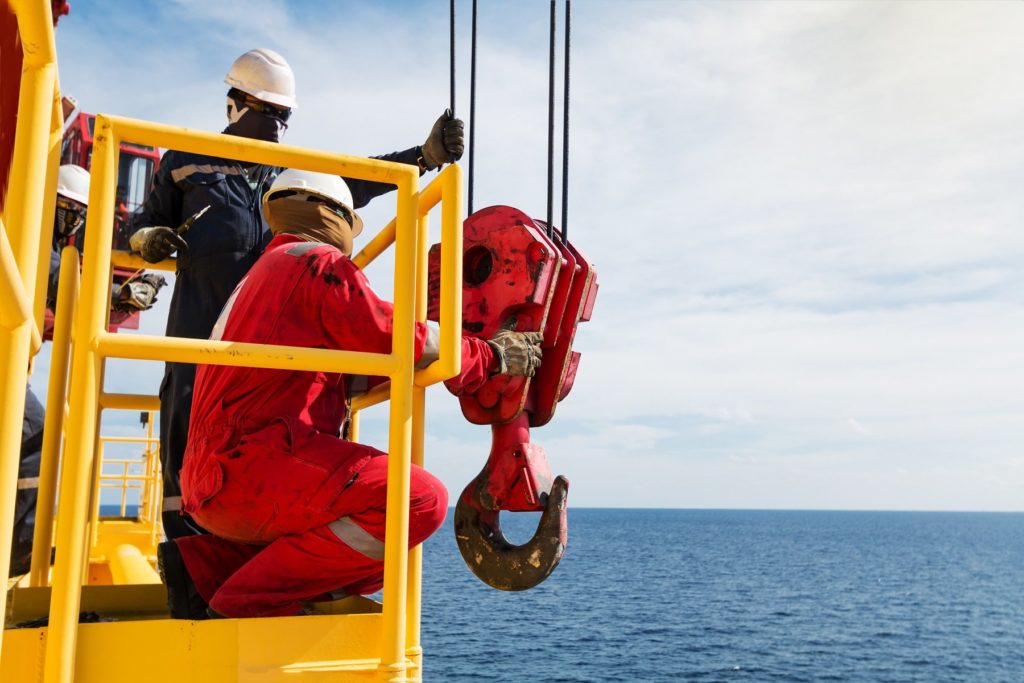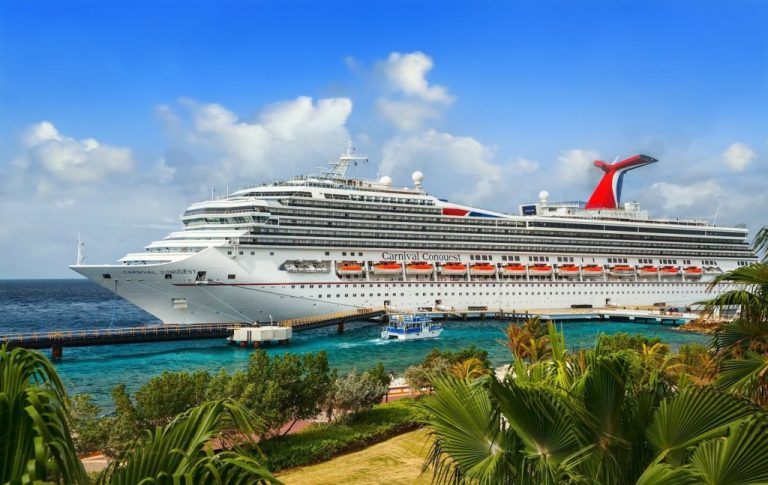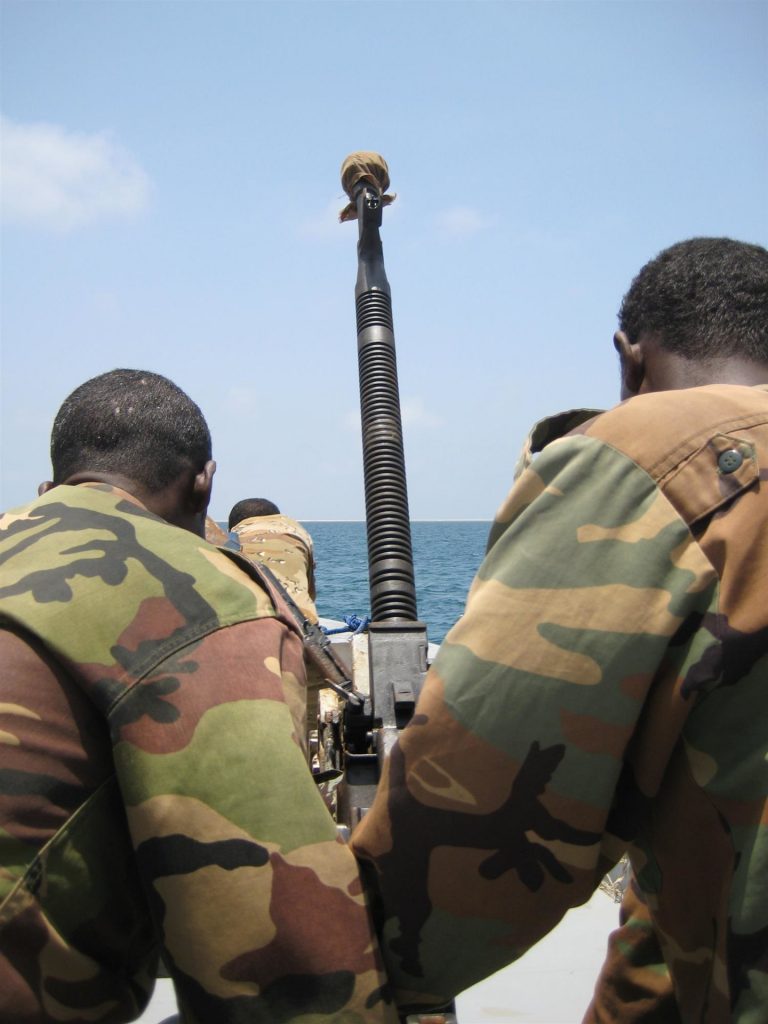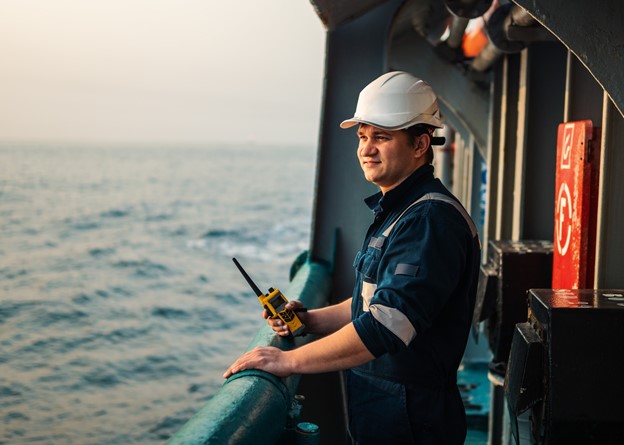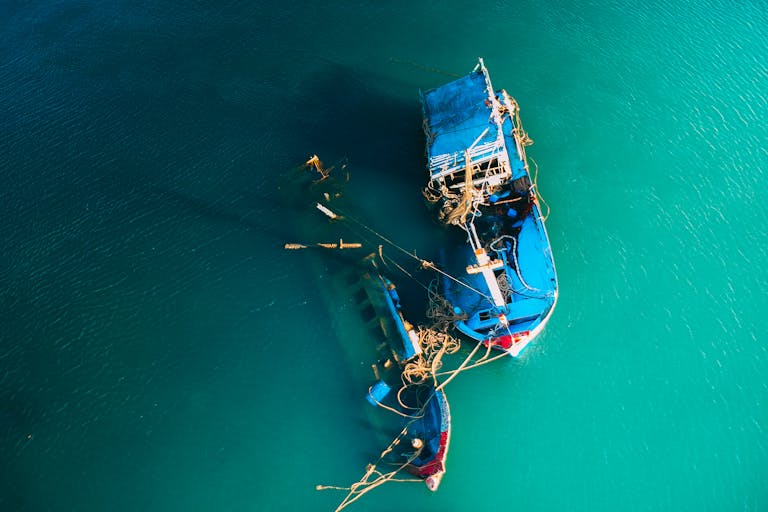Roughly one-third of the 20,000 Filipino maritime academy graduates a year use illegal recruiting agencies to gain employment on ships. With an oversaturated market and desperate for work, these foreign villagers take jobs as crewmembers expecting steady pay and a chance to travel the world. Instead, they are faced with unsafe work conditions, little-to-no pay and, often, violence.
A recent New York Times article focuses on illegal recruiting agencies in Singapore and the Philippines. The article details the abuse, fraud and unseaworthy conditions these recruited crewmembers endure as depicted through the story of Eril Andrade. Andrade died while at sea from an alleged heart attack, but also suffered from unexplained cuts and bruises that were inflicted before death, according to the article.
The article states that Andrade departed for Singapore after being promised double the wages he would actually receive and paying upfront “processing” fees after signing with an illegal recruiting agency. When not on the unseaworthy ships, the article alleges that crewmembers such as Andrade would wait for the voyages in an unsanitary two-bedroom apartment with more than 20 other men where they were raped and unable to leave. While onboard the ships, the men endured 18-20 hour workdays and six day workweeks as well as brutal beatings.
Often, these crewmembers have no previous experience with maritime work and traveling abroad. Uneducated to maritime and anti-trafficking laws, the crewmembers are instructed by the illegal recruiting agencies to travel on tourist or transit visas. This exempts them from the protection of many maritime, labor and anti-trafficking laws. Since the agencies are operating illegally, the government agencies responsible for protecting their crewmembers sent abroad have no official records of the crewmembers or the agencies.
“Even when the crewing agencies are operating within the law, the mariners are often subjected to brutal conditions,” said Matthew D. Shaffer, maritime attorney and managing partner of Schechter, Shaffer & Harris, LLP. “When maimed or killed, the seaman are left with pitiful, meager compensation and are often repatriated penniless and disabled. Unfortunately, the U.S. court system does little to help these workers, even when injured in the United States.”
Andrade was contracted to work with recruiting agency Step Up out of Singapore. According to the article, this agency has been involved in various lawsuits and maritime tragedies, including the Win Far 161 attack where the crew was held hostage and tortured by Somali pirates. Despite these lawsuits and accidents, the company’s owners have not been held accountable. The article explains that last year, prosecutors opened the biggest Cambodian trafficking case involving more than 1,000 fisherman, but could not charge Step Up due to jurisdiction problems. Due to jurisdiction, officials at the Singapore’s Ministry of Manpower and government anti-trafficking task force must formally await a request from the Philippine government before investigating Step Up’s involvement in Andrade’s death.
The original New York Time’s Article “Tricked and Indebted on Land, Abused or Abandoned at Sea” ran on November 9, 2015. The article can be viewed in its entirety here.
About Maintenance and Cure
Our maritime lawyers at Maintenance and Cure have been helping victims of personal injury accidents for the past 50 years. Combined, our attorneys have more than 100 years of trial experience in maritime, auto and industrial accidents.
If your loved one was involved in a maritime or personal injury accident, call (888) 405-3393 today to schedule a free, confidential consultation. Legal assistance is available both in English and Spanish (Español).

